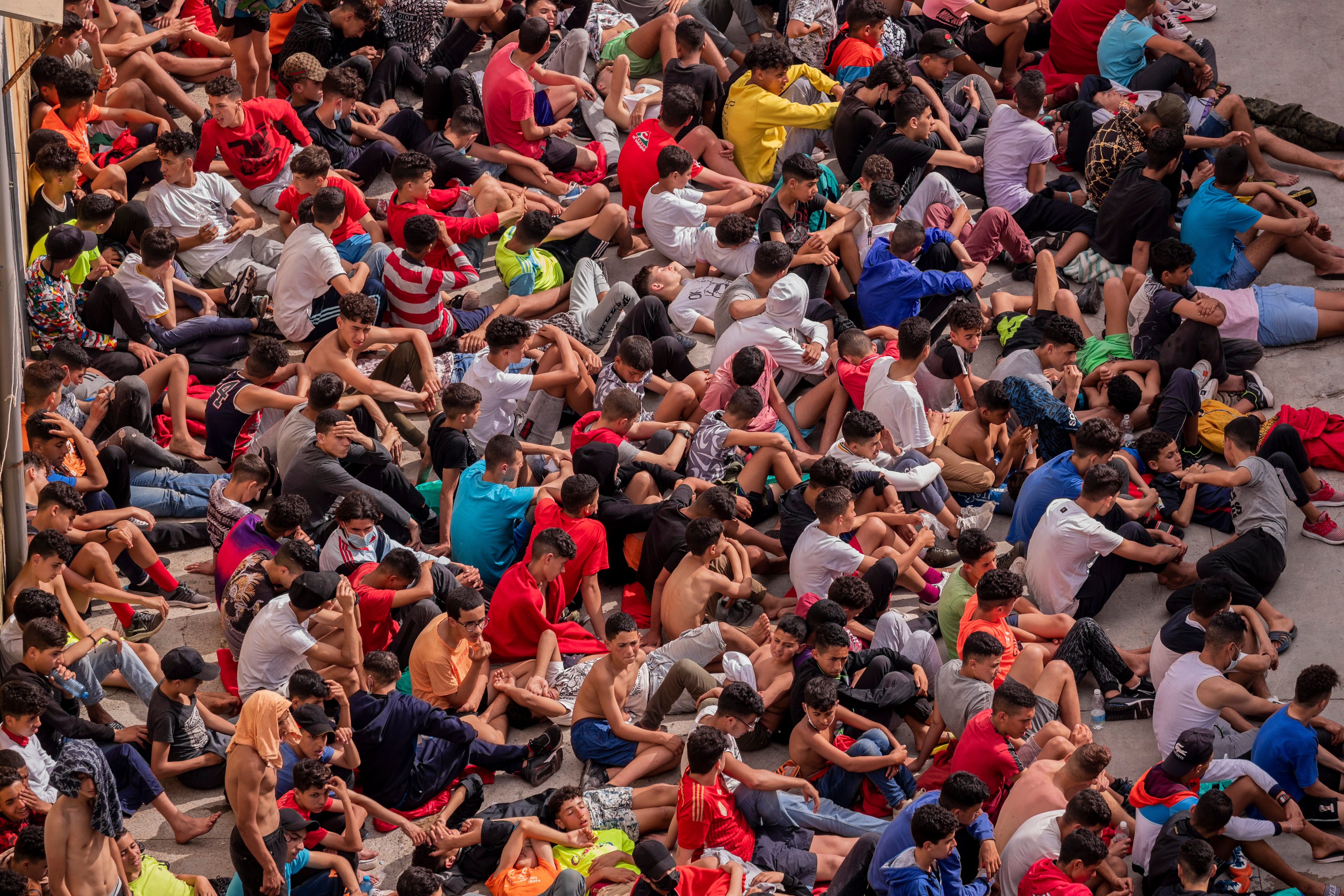Spain interior minister: child migrants 'wanted to go home'
Spain’s interior minister says that unaccompanied child migrants being sent back to Morocco in groups of 15 at a time wanted to go home

Spain’s interior minister on Monday defended sending unaccompanied child migrants back to Morocco in groups of 15, saying they “wanted to go home,” and denied accusations by rights groups that the returns breach international law.
Minister Fernando Grande-Marlaska told the Cadena SER radio station the return of the children from the Spanish enclave of Ceuta was “not an expulsion.”
Vulnerable minors were not among those sent back, he said. “The best interest of the child is guaranteed,” the minister added.
Spain is legally obliged to care for young migrants until their relatives can be located or until they turn 18, but Grande-Marlaska referred to a 2007 agreement between Spain and Morocco for assisted returns once children's cases had been considered.
Amnesty International has asked prosecutors to look into the Spanish government's conduct over the young migrants' repatriation, while Save The Children has urged Spanish authorities to assess the needs of each child and not deport them in groups. According to Save The Children data, about a quarter of the migrant children it interviewed in Ceuta had suffered abuse in their homeland.
Hundreds of unaccompanied minors were among a surge of 10,000 people who tried to enter Ceuta in May by scaling a border fence or swimming around it. Morocco has since taken back most of the migrants. All of the children repatriated in the last few days entered Spain in May.
Bookmark popover
Removed from bookmarks